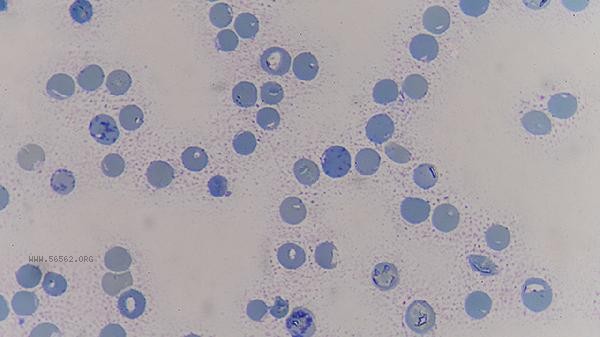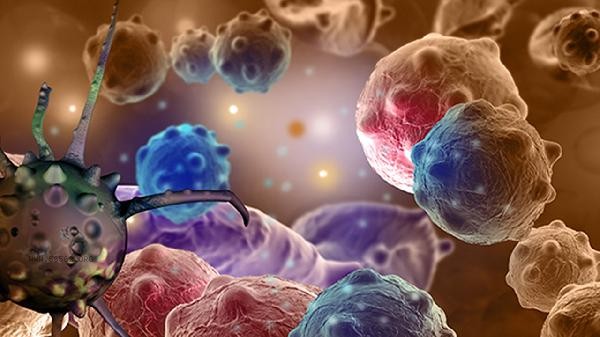A high proportion of neutrophils usually indicates the presence of bacterial infections, inflammatory reactions, or stress states in the body, which may be caused by acute infections, tissue damage, chronic inflammation, drug effects, and blood system diseases.

1. Acute infection:
Bacterial infections such as pneumonia, tonsillitis, etc. can stimulate the release of more neutrophils from the bone marrow, leading to an increase in the proportion. At this time, there are often symptoms such as fever and local redness and swelling, which need to be diagnosed through blood routine and C-reactive protein testing, and targeted treatment with antibiotics is needed.
2. Tissue damage:
Tissue necrosis caused by trauma, surgery, or myocardial infarction can trigger an inflammatory response, promoting the migration of neutrophils to the site of injury. This type of situation is usually accompanied by pain and functional impairment, requiring treatment of the primary injury and monitoring for signs of infection.
3. Chronic inflammation:

Chronic diseases such as rheumatoid arthritis and ulcerative colitis can continuously activate the immune system, causing long-term elevated levels of neutrophils. Patients may experience specific symptoms such as joint swelling and diarrhea, and their condition needs to be controlled through immunosuppressants.
4. Drug effects:
Corticosteroids, adrenaline, and other drugs can stimulate the release of neutrophils. If you have recently used related drugs, it is recommended to stop taking the medication and have a blood routine check to rule out pathological factors before determining whether it is a drug reaction.
5. Hematological disorders:
Bone marrow proliferative tumors such as chronic myeloid leukemia can lead to abnormal elevation of neutrophils, often accompanied by symptoms such as splenomegaly and night sweats. Diagnosis needs to be confirmed through bone marrow puncture and genetic testing, followed by targeted therapy or chemotherapy. When the proportion of neutrophils is found to be high, it is recommended to improve the examination of inflammatory indicators such as C-reactive protein and procalcitonin, and make a comprehensive judgment based on clinical symptoms. Adequate rest should be maintained in daily life to avoid exacerbating the immune burden through intense exercise; Diet should choose citrus fruits rich in vitamin C and high-quality protein to help enhance immune function; Individuals with long-term elevated levels should undergo regular blood routine check ups to monitor the trend of numerical changes. When pregnant women, children and other special populations have abnormal indicators, physiological factors should be prioritized for exclusion.










Comments (0)
Leave a Comment
No comments yet
Be the first to share your thoughts!